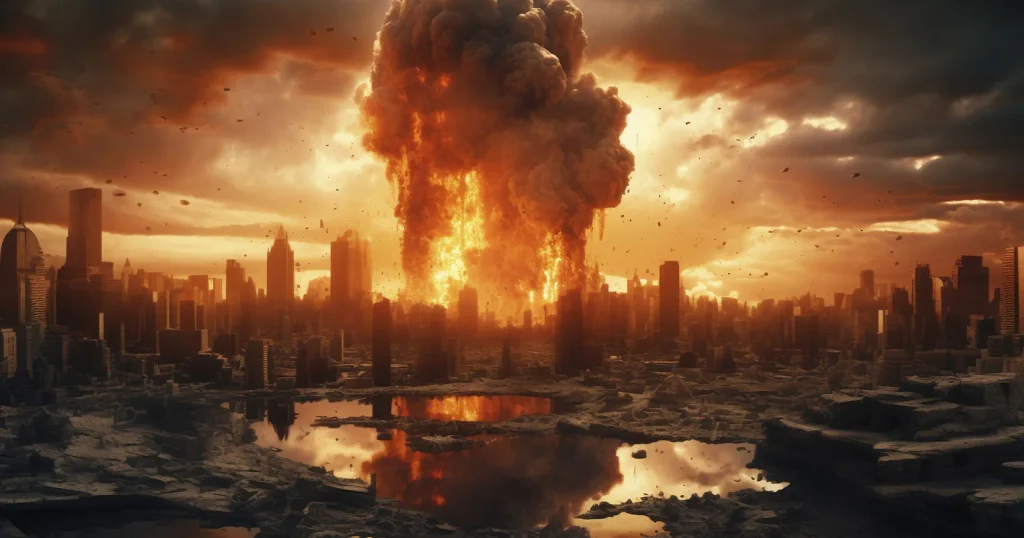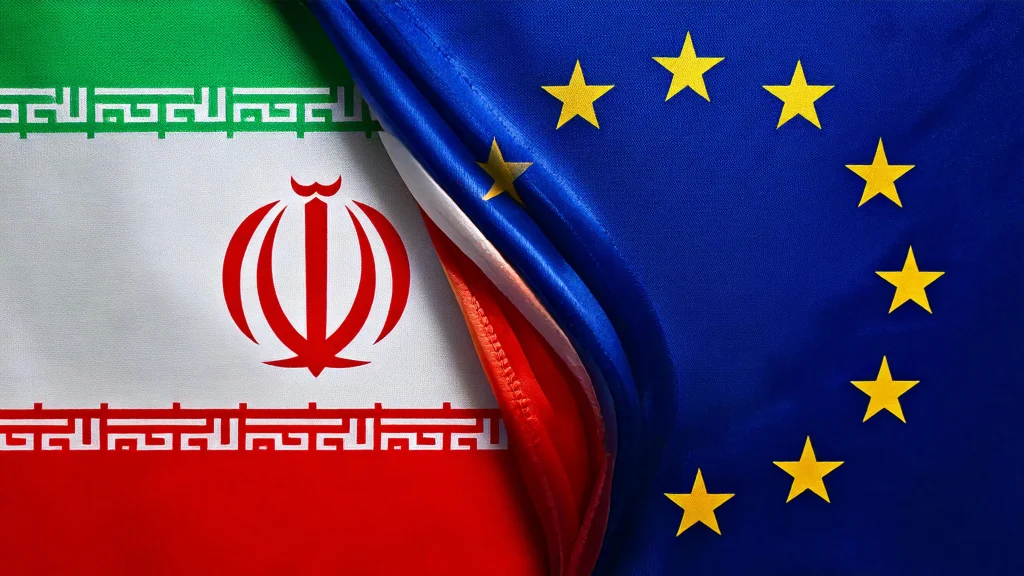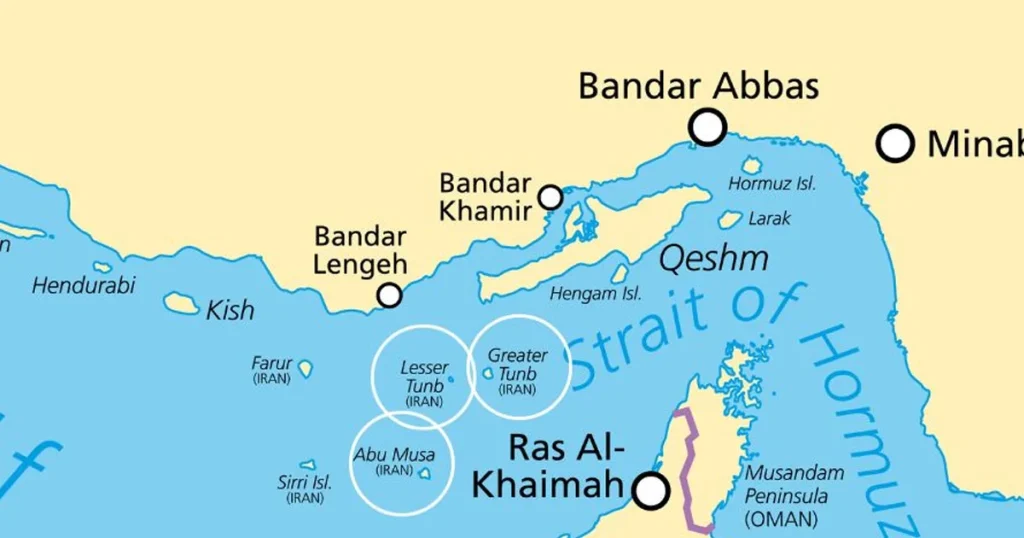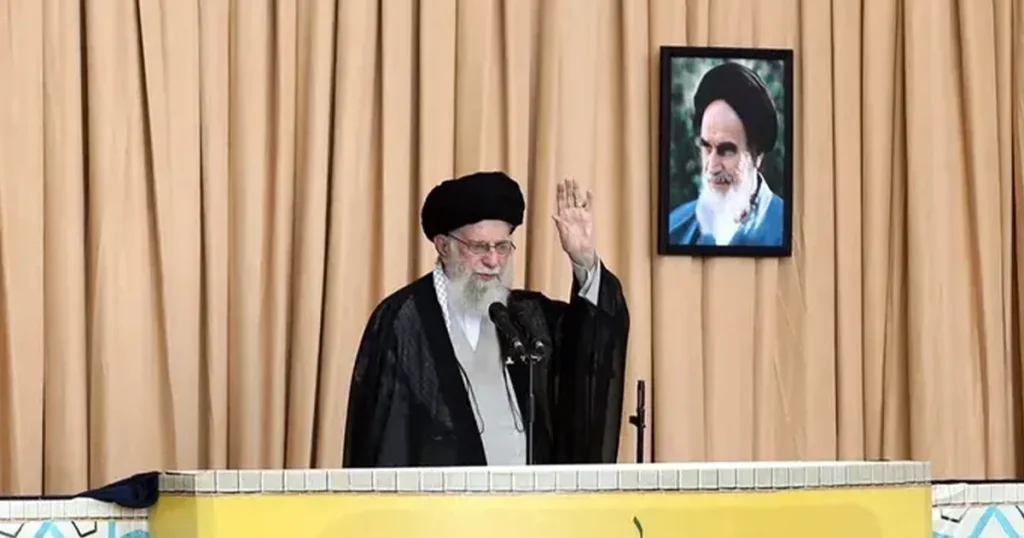A nuclear-armed Islamic Republic in Iran, with the Islamic Revolutionary Guard Corps (IRGC) in control of such a weapon, would fundamentally shift the balance of power in the region and create significant global security risks. Iran’s current regime already exerts an authoritarian grip over its own people, suppressing movements for freedom and using its military and paramilitary forces, including the IRGC, to quell any opposition. The implications of the Islamic Reobtaining a nuclear weapon are far-reaching, and it is critical to address both the internal and external threats posed by this potential development.
Drawbacks for the Iranian People
For the Iranian people, the nuclearization of the Islamic Republic would reinforce the stranglehold the regime already has over the country. The IRGC, which already holds significant power within the regime, would gain further authority. This would make the struggle for freedom by ordinary Iranians nearly impossible, as the regime would likely feel emboldened, believing that nuclear capabilities would shield it from international intervention or accountability.
The Iranian people are already facing severe repression, economic hardship, and limitations on their civil liberties. A nuclear-armed regime would likely divert even more resources towards militarization, leaving the people in a worsened state of poverty and disenfranchisement. The regime’s use of violence to maintain control internally would be exacerbated, as nuclear armament might lead them to adopt an even more aggressive stance against internal dissidents, seeing any uprising as a direct threat to their global strategy.
Security Threats to Israel and the Region
The Islamic Republic, even without nuclear weapons, is a destabilizing force in the Middle East, supporting and arming proxy groups like Hezbollah in Lebanon, Hamas in Gaza, and various militias in Iraq, Syria, and Yemen. The acquisition of nuclear capabilities would provide The Islamic Republic with a substantial deterrent against its adversaries, potentially allowing it to act with greater impunity throughout the region. Israel, which views Iran as its primary existential threat, would be in immediate danger. The possibility of the Islamic Republic supplying nuclear materials to its terrorist proxies is a real and terrifying prospect. A dirty bomb, deployed by any of these groups, could cause mass casualties and widespread panic in Israel or elsewhere.
Furthermore, the arms race it would trigger in the Middle East could lead to unprecedented regional instability, as countries like Saudi Arabia and Turkey may seek to develop their own nuclear arsenals to counterbalance The Islamic Republic. The region is already fragile, with ongoing conflicts and humanitarian crises, and nuclear proliferation would significantly increase the risk of open war or accidental escalation.
Global Threat and Terrorism
The Islamic Republic’s involvement in global terrorism is well-documented. The IRGC, through its Quds Force, has orchestrated assassinations and terrorist plots around the world. These activities have been thwarted in various Western nations, but the threat persists. If The Islamic Republic were to obtain nuclear weapons, this could empower the regime to push its agenda even further, believing that the nuclear deterrent would make it immune to severe retaliation. Western nations, including the EU and the UK, must recognize that their own security is at risk if the IRGC and the Islamic Republic gain access to nuclear materials.
The Islamic Republic’s history of deceit during nuclear negotiations, combined with the current charm offensive, should not obscure the reality of their long-standing strategy of deception. The regime has consistently lied about its nuclear intentions, often presenting itself as cooperative in diplomatic efforts while secretly advancing its nuclear ambitions. Falling into this trap would be a critical error for the international community.
Why Maximum Pressure on the Regime and Maximum Support for the Iranian People is Crucial
It is essential to halt all negotiations with the Islamic Republic and adopt a policy of maximum pressure. Sanctions, diplomatic isolation, and targeting the financial networks of the IRGC must continue. Simultaneously, the people of Iran, who are effectively under occupation by the Islamic regime, need maximum support. The IRGC’s designation as a terrorist organization is a necessary step that both the EU and the UK must take immediately. Without these steps, the regime will continue its efforts to destabilize the region, oppress its people, and edge closer to nuclear armament.
The threat today is not just to Israel and Iranians within the country but also to citizens in the West. The Islamic Republic has conducted numerous assassinations and attempted killings on foreign soil. Imagine a future where they have access to nuclear explosive devices—this would take the threat to an unimaginable level. Every effort must be made to prevent the Islamic Republic from becoming a nuclear power, and that begins with recognizing the IRGC as the terrorist organization it is and providing real, tangible support for the Iranian people in their struggle for freedom.






